Remembering the Rosenbergs
Seventy years later, the lessons of their politically motivated state executions are as relevant as ever.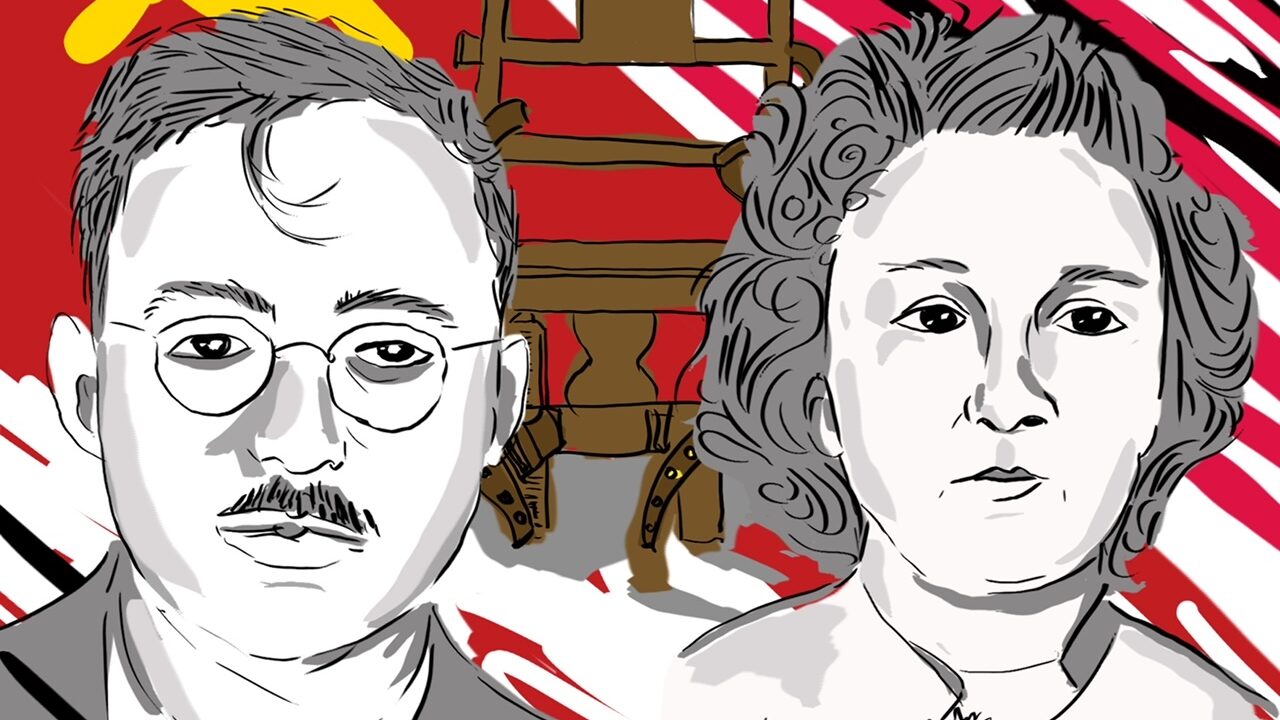 Julius and Ethel Rosenberg. Illustration by Elizabeth Von Blum.
Julius and Ethel Rosenberg. Illustration by Elizabeth Von Blum.
On that June 19th evening in 1953, I was a small kid in a suburb of Philadelphia, concerned above all with baseball, when I noticed that something had made my parents very upset. When I asked them what was wrong, they informed me that Julius and Ethel Rosenberg had been killed in the electric chair, in a place called Sing Sing in New York, and that it was a horrible injustice. I had never before heard of the Rosenbergs or Sing Sing. But I remember the moment vividly. My father, looking forlorn, said that the government had “murdered two good people.”
Over the next few years, my parents explained the Rosenberg tragedy to me in detail, as well as the scourge of McCarthyism sweeping the nation. I learned next to nothing about the case or the Red Scare in my public high school, and only a little more in my post-secondary education. My parents pointed the way to printed materials that explained the era’s anti-communist hysteria and its roots in the Palmer raids and anti-immigrant and anti-union activities of the 1920s. I learned about the blacklisting of entertainers and screenwriters, and the incarceration of many others, of whom Ethel and Julius Rosenberg were the only two handed the death penalty. This history has informed my work as a university teacher at the University of California, where I have taught since 1968.
Throughout my long university teaching career, I’ve found that students, and the public generally, know increasingly little about the Rosenberg case or the Cold War context of repression that gave rise to their persecution. This academic year, for example, in an honors class on political art at UCLA, I showed Pablo Picasso’s iconic portrait of the Rosenbergs. I asked my students if they recognized the piece or its subjects. None did. Only one or two recognized the names when I explained the historical context of their trial, execution and the worldwide protests demanding their commutation and sparing by President Dwight D. Eisenhower. This widespread historical ignorance, even among students at a highly selective university, suggests we must do more to remember the Rosenbergs and the irrational anti-communist atmosphere in America that caused their deaths.
I learned next to nothing about the case or the Red Scare in my public high school, and only a little more in my post-secondary education.
Many of the basic historical facts of the case are clear and undisputed. Julius and Ethel Rosenberg were American Jews and Communist Party members. Both were convicted of conspiracy to commit espionage — not espionage and certainly not treason, though these are the charges that stuck in the minds of millions of uninformed Americans. They were tried before Judge Irving Kaufman of the U.S. District Court. The prosecutorial team was headed by Irving Saypol and included the loathsome Roy Cohn (later chief counsel to Sen. Joseph McCarthy and attorney to Donald Trump). Conspicuously, all of the prosecution team and the judge were Jews, an attempt to avoid charges of state anti-Semitism. But it is difficult to avoid that allegation in light of the way of anti-Semitism and anti-communism were entwined in the early postwar decades.
At trial, Ethel’s brother David Greenglass confessed and implicated his sister to save himself and his wife. Like Julius, he was a relatively low-level employee who had passed some secrets to Soviet handlers about the atomic bomb design under construction at Los Alamos. It’s likely that Ethel knew something about this without having herself been involved. After their conviction, Judge Kaufman, reflecting his own Cold War biases, said that the Rosenbergs’ crime caused the Korean War. Roy Cohn, violating established principles of legal ethics, had lobbied Kaufman privately for the death sentence. Kaufman’s ludicrous language revealed his total and uncritical acceptance of the dominant anti-communist mood. He ignored the fact that at the time of the Rosenbergs’ actions, the United States and the Soviet Union were World War II allies. His words speak for themselves: “[They had] already caused, in my opinion, the Communist aggression in Korea, with the resultant casualties exceeding 50,000 and who knows but that millions more innocent people may pay the price of your treason.”
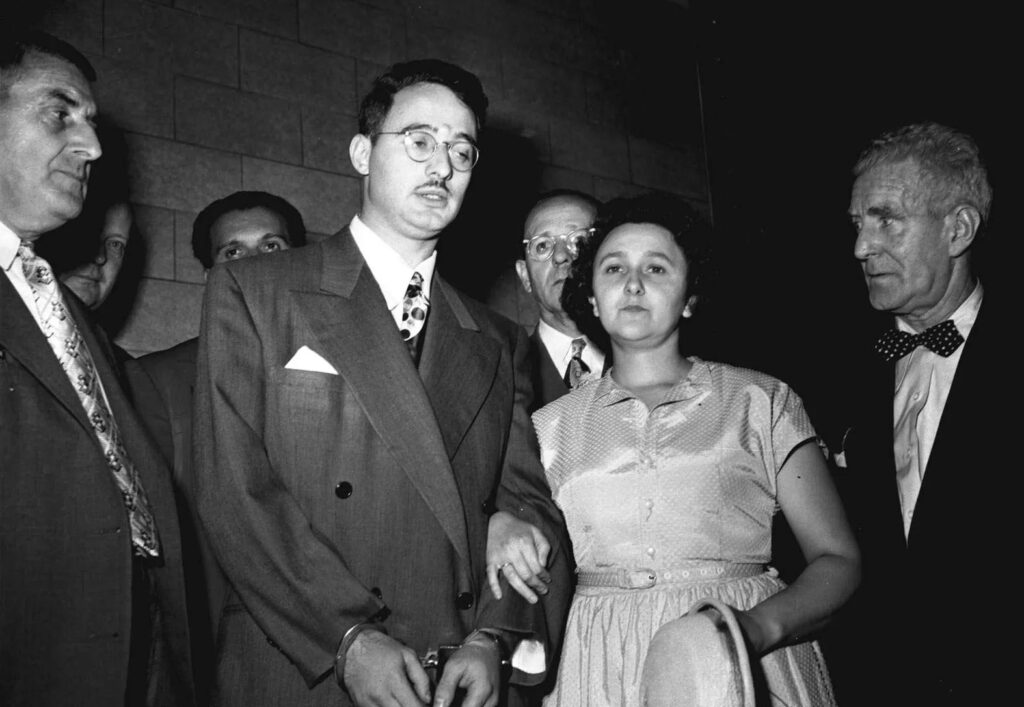
President Eisenhower, now ironically regarded as one of the last Republican “moderates,” denied the final request of Julius and Ethel Rosenberg for clemency, in the face of worldwide protests. Their death sentence was widely supported throughout America, including among prominent liberals. Their executions occurred on June 19, 1953, a few minutes before the Jewish Sabbath. They left two orphaned sons, Michael, 10, and Robbie, 6, both of whom were adopted and continue to seek justice. They acknowledge that their biological father Julius had been involved in spying, but continue to seek exoneration for their biological mother Ethel, who, evidence suggests, was wrongly executed. The Rosenbergs’ codefendant, Morton Sobell, for example, claimed after serving a long prison sentence that Ethel was a bystander. Ethel’s brother, David Greenglass, meanwhile, has admitted to perjuring himself during the trial to save his wife.
* * *
I continue to teach and write about the Rosenberg case for many reasons. Above all, the historical horror of McCarthyism must never be forgotten. As David Caute wrote in “The Great Fear,” his monumental account of that era, “[t]he wealthiest, most secure nation in the world was sweat-drenched in fear.” As time passes, it becomes natural for people to forget the severity of the political oppression of that period. People were fired, ostracized and even jailed. This included my parents, who were deeply involved in the historic Levittown, Pennsylvania, integration battle, for which they were in effect forced to move to California a few years later. Books were banned and removed from libraries and stores. One of my own elementary school teachers told us that there were “bad newspapers,” like the Daily Worker and the National Guardian. He asked us to look for them at home and report back if we found them. Some of my contemporaries, especially activist colleagues in the Civil Rights Movement, report similar experiences.
Throughout the McCarthy era of the early to late 1950s, self-censorship dominated the American landscape. Journalists neglected to cover progressive events and persons with “suspicious” pasts. Entertainment, especially the film industry, was bland and noncontroversial. Teachers avoided “delicate” topics and all too often parroted government propaganda. High school and college and university instruction engaged in extensive self-censorship and retreated from politically dangerous themes. Exceptions existed, but all too few.
I continue to see the consequences of the era’s institutional deficiencies in the profound lack of historical knowledge among many of my talented UCLA students. The roots of this problem go back more than 70 years to an institutional antagonism toward critical thinking, a history analyzed incisively in James Loewen’s iconic “Lies My Teacher Told Me.”
Above all, the historical horror of McCarthyism must never be forgotten.
Remembering the Rosenbergs is important not because it can happen again, but because it already has. The hysteria following the terrorist attacks on Sept. 11, 2001, made many American Muslims the target of hostility and violence. It resulted in Guantanamo and allowed President George Bush, Vice President Dick Cheney, John Yoo and others to normalize torture as an instrument of American policy. The election of Donald Trump in 2016 exacerbated hate and fear in American politics and culture. His attempted Muslim ban was similar to the oppressive policy, leading to the persecution of the Rosenbergs and others so many decades ago. His early anti-Mexican and general xenophobic language and practice have endured to the present, compounding life for millions of people in the United States and elsewhere. During the pandemic, Trump, turned (some of) his ire toward Asians, causing a proliferation of discrimination and violence against people of many Asian ethnicities and backgrounds.
The troubling resurgence of neo-fascism in the United States is frighteningly reminiscent of what happened before and after 1953. Despite his actual and likely forthcoming criminal indictments, Trump continues to be a malevolent force. His rhetorical hold over a substantial portion of the American population and the Republican Party and its officeholders is a dangerous portent for the future, especially if he retakes the presidency. Censorship of books and teachers in many states is among the most worrying examples of this threat. In Florida, Gov. Ron DeSantis has conducted a vendetta against people, books and ideas he dislikes, replicating many of the same tactics of his predecessors from the Cold War era.
Similar purges and instances of censorship are occurring in many other states, where lawmakers target bogus enemies like “critical race theory.” More recently, members of the LGBTQ community have come under attack. This demonization process is not unlike the persecution of the Rosenbergs; no one to date has been tried and executed, yet suicides and acute mental health incidents have risen precipitously. While no historical period is identical to any other period, the present bears eerie similarities to the Cold War era. It should be a matter of serious concern to progressives and others concerned for the future of American democracy.
The United States, unlike so much of the rest of the word, still maintains the barbaric death penalty, including (in a few but shrinking number of states) the electric chairs to which the Rosenbergs were sentenced 70 years ago. As recently as the final months of the Trump presidency, 13 executions were carried out by lethal injection. Since I began demonstrating against the death penalty in my teenage years, some modest progress has occurred. But we have a long road to travel before we can leave the ranks of North Korea, China, Iran, Saudi Arabia and a few others that retain this horrific practice.
The lingering shadow of the death penalty is just one of the reasons the Rosenbergs’ memory commands our attention. Remembering and understanding the events of 1953 is essential to confronting the monumental political challenges we face in 2023. The time is now for a resurgence of active citizenship and resistance to ensure that we will never again witness a tragedy — and possibly those much worse — like the political trial and execution of Ethel and Julius Rosenberg.
Your support matters…Independent journalism is under threat and overshadowed by heavily funded mainstream media.
You can help level the playing field. Become a member.
Your tax-deductible contribution keeps us digging beneath the headlines to give you thought-provoking, investigative reporting and analysis that unearths what's really happening- without compromise.
Give today to support our courageous, independent journalists.

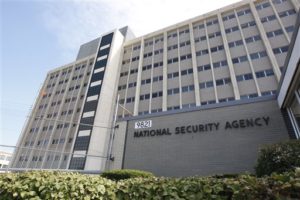
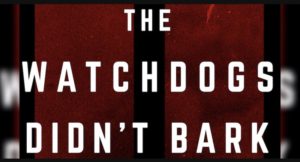
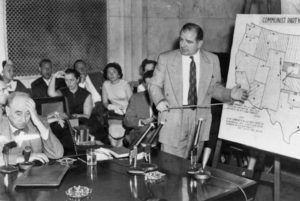

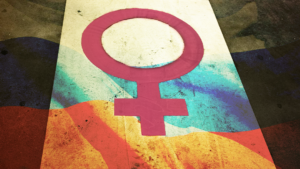
Thank you so much for this. My parents were also communists/ and suffered greatly during the McCarthy period, They were not executed but suffered greatly during the McCarthyism of this period. Unfortuantely, as an educator of some 40 years, I can verify that our students today do not receive any of this education today.